| Support independent journalism |
| |
|
| 
|  | | | First Thing: Netanyahu rules out US-French ceasefire proposal | | | Israeli prime minister’s office ‘did not even respond’ to the plan. Plus, how Britishisms invaded the US | | 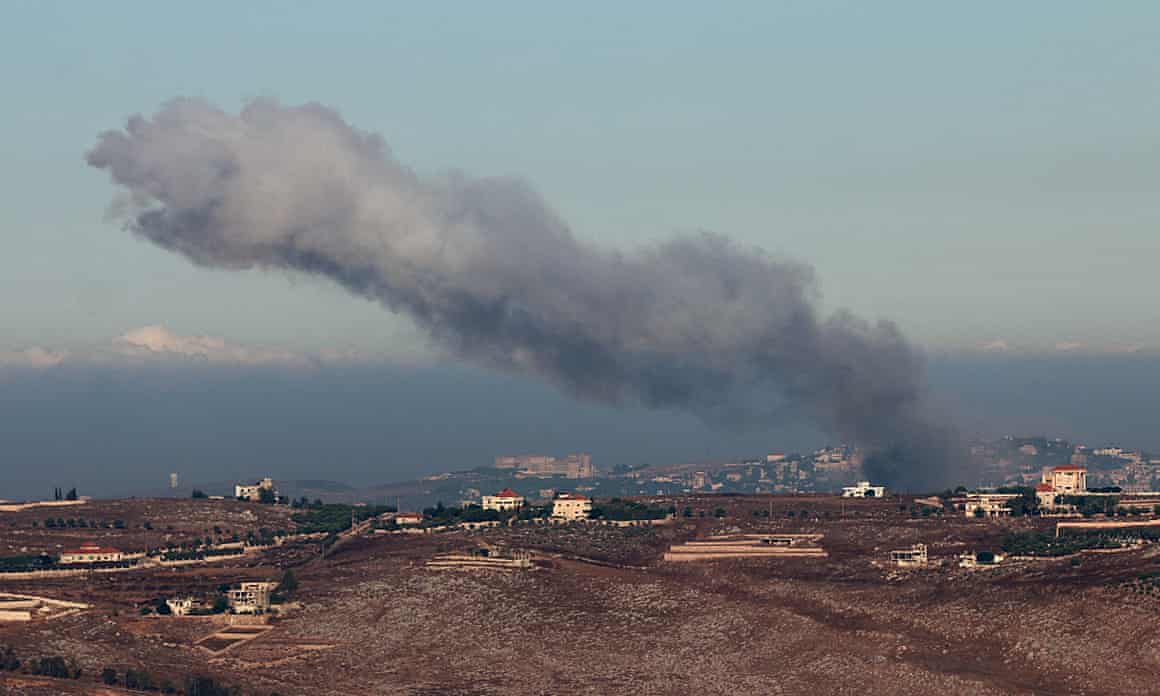 |  Smoke billows from Marjayoun, near the Lebanese border with Israel, amid cross-border hostilities between Hezbollah and Israeli forces. Photograph: Karamallah Daher/Reuters
| | Clea Skopeliti
| | | Good morning. Israel has rejected a US-French proposal for a 21-day truce with Hezbollah to allow for comprehensive talks, after three days of Israeli bombing that killed more than 600 people in Lebanon. Benjamin Netanyahu’s office ruled it out, saying: “The news about a ceasefire – not true. This is an American-French proposal, to which the prime minister did not even respond.” It came after the UN secretary general, António Guterres, warned “hell is breaking loose” in Lebanon and Israel’s top general said it was preparing for a possible ground incursion into the country, intensifying fears of a regional war. The joint statement by the US president, Joe Biden, and his Frennch counterpart, Emmanuel Macron, who met at the UN general assembly in New York, said: “It is time for a settlement on the Israel-Lebanon border that ensures safety and security to enable civilians to return to their homes. The exchange of fire since October 7, and in particular over the past two weeks, threatens a much broader conflict, and harm to civilians.” Eric Adams, New York City mayor, reportedly indicted after corruption inquiry | | | 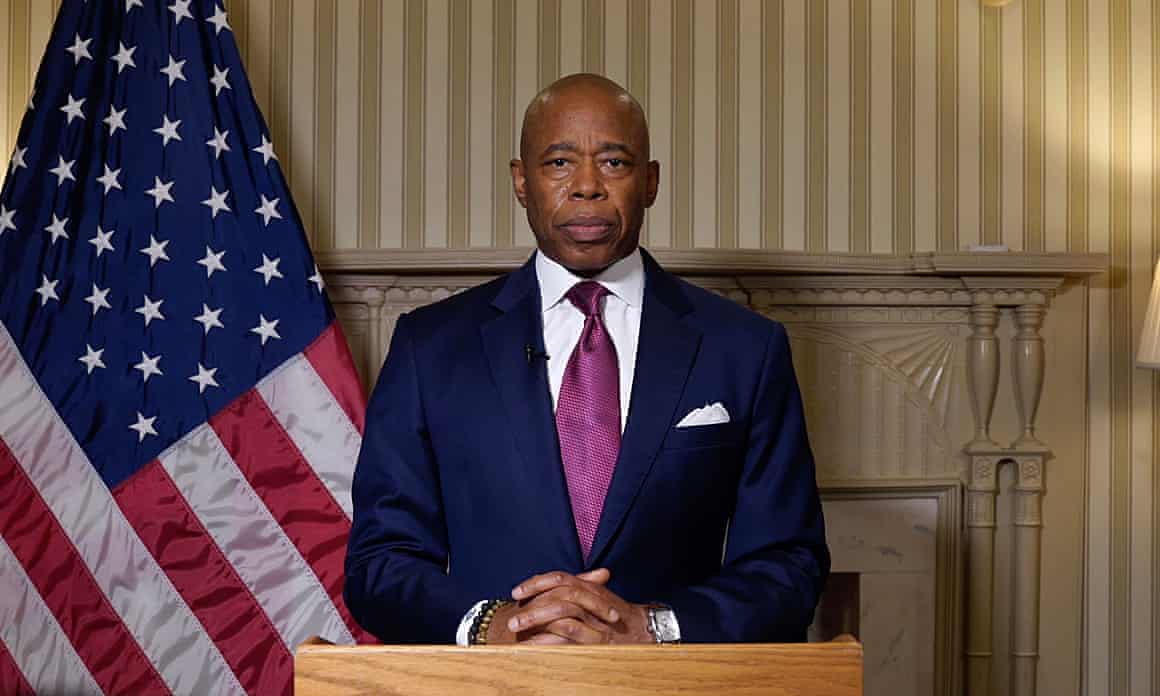 |  Eric Adams releasing a taped statement on Wednesday. Photograph: AP
| | | | New York City’s mayor, Eric Adams, has vowed to stay in office despite reports that he has been indicted after a federal corruption investigation. Federal prosecutors are expected to publish the details of the charges faced by Adams, 64, on Thursday, according to the New York Times. This would make him the first sitting New York City mayor to be criminally charged. After the news broke, Adams released in a video statement protesting his innocence. “I always knew that if I stood my ground for New Yorkers that I would be a target – and a target I became,” Adams said. “If I am charged, I am innocent and I will fight this with every ounce of my strength and spirit.” Kamala Harris decries Trump’s abortion comments in first solo TV interview | | | 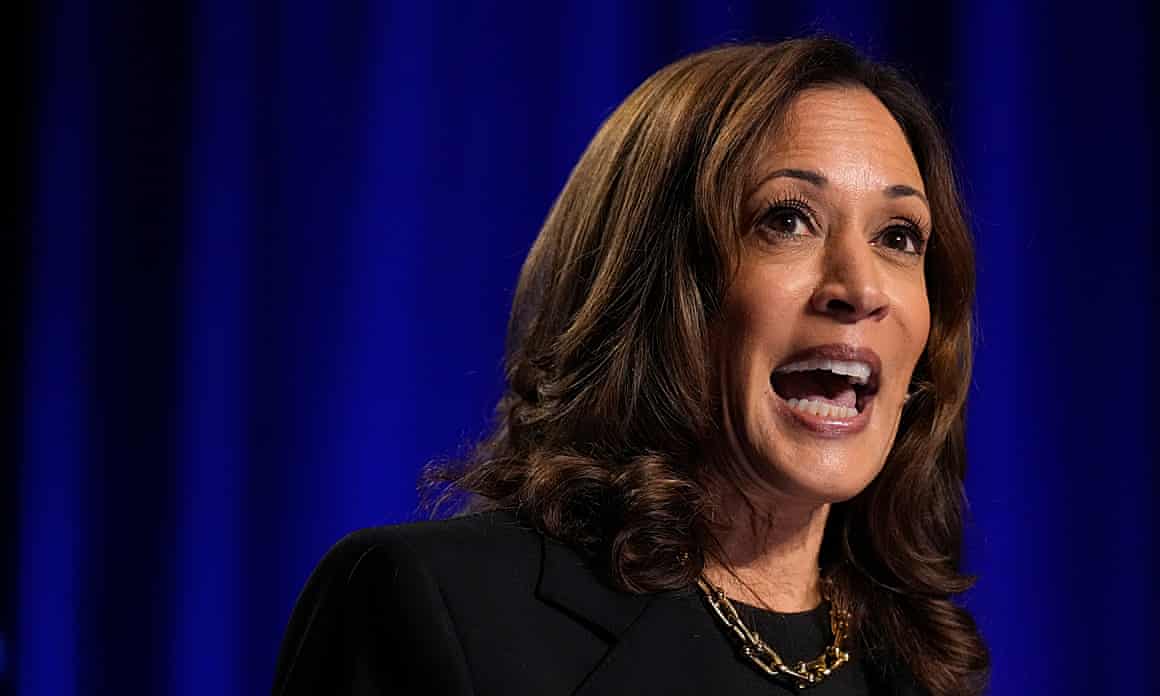 |  Kamala Harris addressing at an event in Pittsburgh on Wednesday. Photograph: Jacquelyn Martin/AP
| | | | Kamala Harris gave her first solo interview as the Democratic presidential nominee on Wednesday, presenting herself as trustworthy on the economy and condemning Donald Trump’s comments on abortion. During the interview with MSNBC’s Stephanie Ruhle, Harris presented Trump as a candidate who favored the rich over America’s working and middle classes. She also referred to her time working at McDonald’s – something Trump has tried to claim is untrue. She said the US economy would be in safer hands with her than with Trump. “The top economists in our country have compared our plans and say mine would grow the economy, [and] his would shrink it,” the Democratic candidate said. Harris also blasted Trump over his remarks on abortion. “Donald Trump is also the person who said women should be punished for exercising a decision that they, rightly, should be able to make about their own body and future,” she said. In other news … | | | 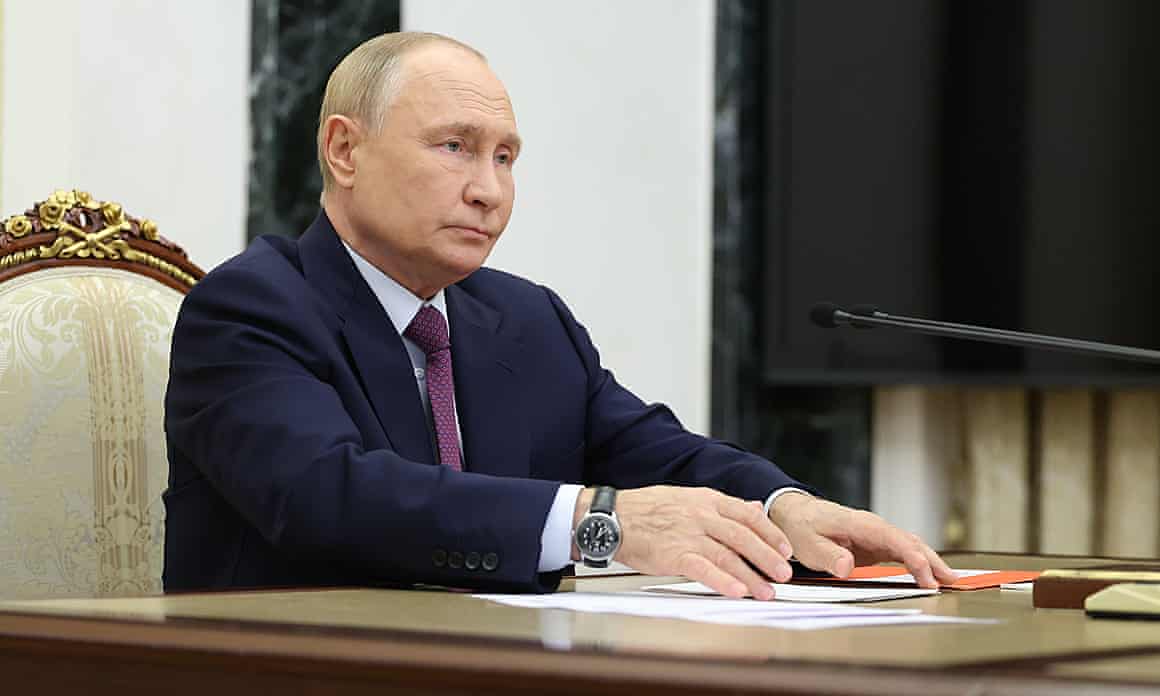 |  Vladimir Putin has issued a nuclear warning to the west over Ukraine Photograph: Alexander Kazakov/Sputnik/Kremlin pool/EPA
| | | -
Vladimir Putin has stepped up his threats of nuclear war, saying Russia would consider using nuclear weapons if attacked by any state with conventional arms. -
Mexico’s president-elect has not invited Spain’s King Felipe to her inauguration over of his refusal to apologize for crimes committed against Mexico’s Indigenous people in the 16th century. -
Rwandan forces and M23 rebels have fired artillery and rockets into refugee camps in the east of the Democratic Republic of Congo several times this year, Human Rights Watch has said in a report that also accused the DRC’s armed forces of endangering the camps’ residents.
Stat of the day: Women whose periods stop early have higher risk of developing severe autoimmune conditions | | | 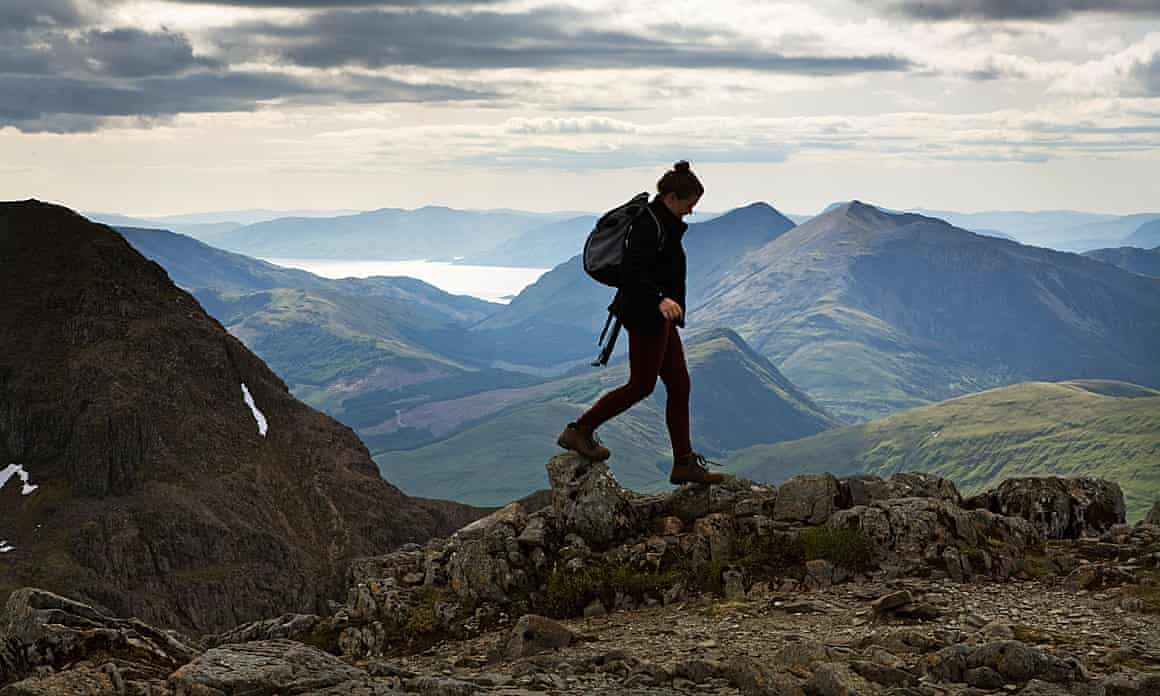 |  Women whose periods stop before the age of 40 faces increased risks, the research found. Photograph: Murdo MacLeod/The Guardian
| | | | Women whose periods stop before the age of 40 face an increased risk of severe autoimmune diseases, according to research. The study found that women with premature ovarian insufficiency are two- to three times as likely as the general population to develop severe autoimmune conditions, such as type 1 diabetes, an overactive thyroid, lupus and inflammatory bowel disease. Don’t miss this: ‘People feel ignored’: photographer Gregory Halpern on hardship and hope in the US rust belt | | | 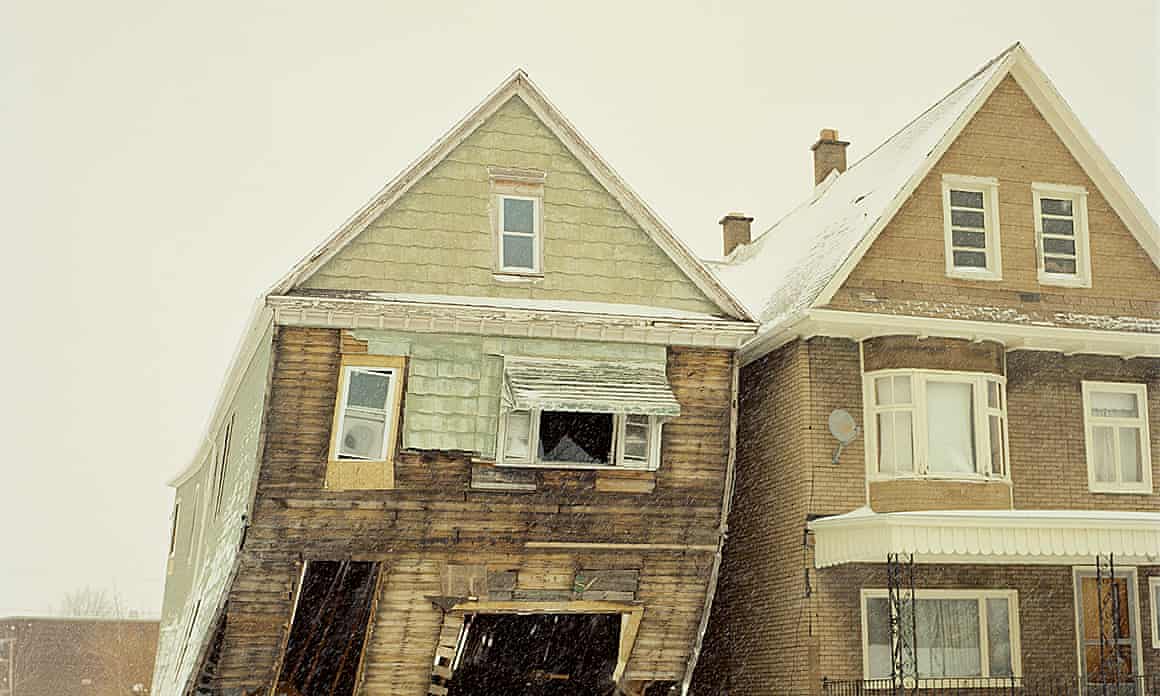 |  ‘Vacant innards exposed to a flurry of snowfall …’ Photographer Gregory Halpern, from King, Queen, Knave. Photograph: Courtesy of Mack and the artist.
| | | | Photographer Gregory Halpern spent 20 years photographing his home city of Buffalo, documenting its hardships, obstacles and beauty. Searching for the evasive essence of “home” in his work, he speaks to the Guardian about de-industrialisation, how people in rust belt cities such as Buffalo feel ignored, and photographing a deer that is a local celebrity. Climate check: Is the ocean becoming too acidic to sustain life? | | | 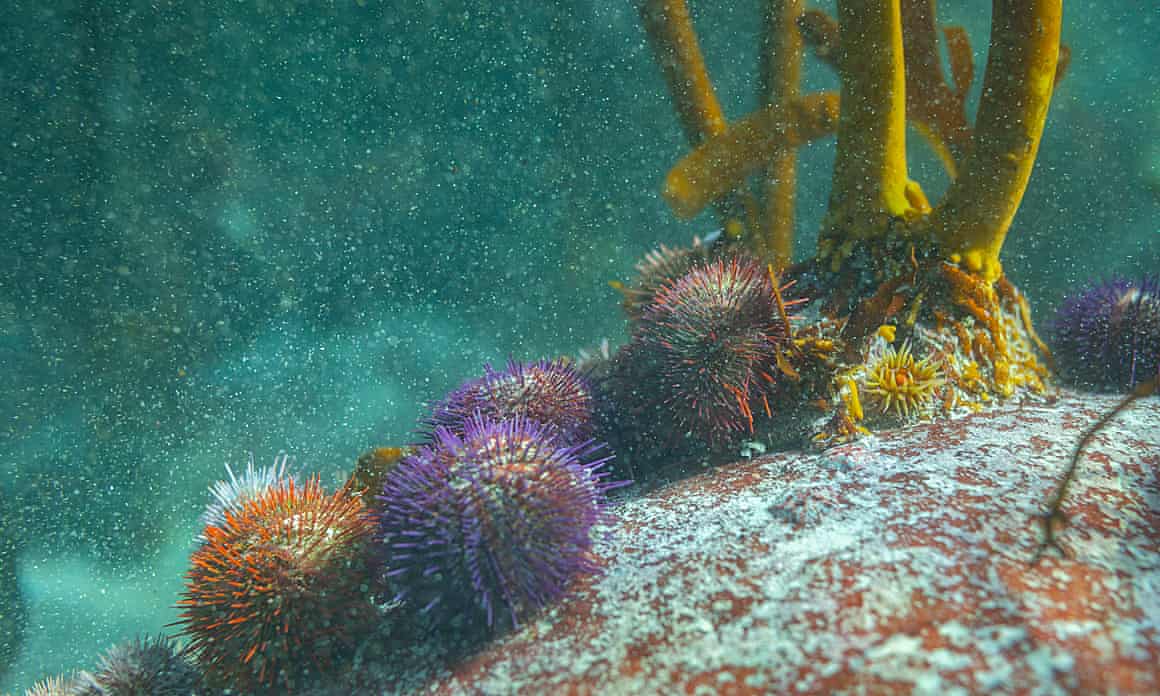 |  Urchins cling to a rock at the base of a Kelp forest in the Indian Ocean. Photograph: Nic Bothma/EPA
| | | | The ocean is approaching a critical threshold as its waters grow more acidic owing to the absorption of CO2. The phenomenon makes the ocean less efficient in acting as a carbon sink, while also harming marine life, with the potential of causing the collapse of food chains. In this podcast, Ian Sample speaks to the biological oceanographer Prof Helen Findlay about how this happened – and what we can do. Last Thing: The other British invasion – how UK lingo conquered the US | | | 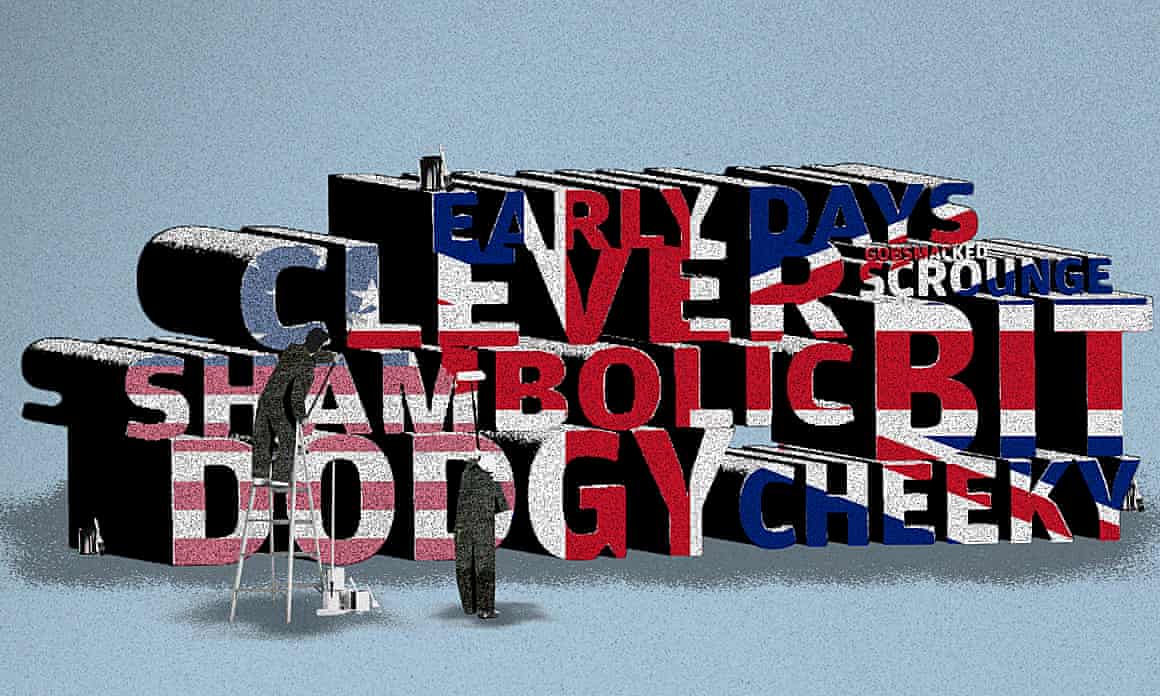 |  Britishisms, Britishisms everywhere! Composite: Guardian Design/Getty Images
| | | | When Ben Yagoda was working in London in the 1990s, he had a keen ear for Britishisms. But then a weird thing started to happen: back in the US, he started hearing people beginning to use these same terms. Brits complaining about the creep of “Americanisms” is a tale as old as time, but really it is a two way street. “Run-up”, “gutted”, and even “clever” are all words that have traveled across the pond. Sign up | | | | | | First Thing is delivered to thousands of inboxes every weekday. If you’re not already signed up, subscribe now. Get in touch If you have any questions or comments about any of our newsletters please email newsletters@theguardian.com | |
| | | Betsy Reed | | Editor, Guardian US |
|  |
| | I hope you appreciated this newsletter. Before you move on, I wanted to ask if you would consider supporting the Guardian’s journalism during one of the most consequential news cycles of our lifetimes.
We have never been more passionate about exposing the multiplying threats to our democracy and holding power to account in America. In the heat of a tumultuous presidential race, with the threat of a more extreme second Trump presidency looming, there is an urgent need for free, trustworthy journalism that foregrounds the stakes of November’s election for our country and planet.
Yet from Elon Musk to the Murdochs, a small number of billionaire owners have a powerful hold on so much of the information that reaches the public about what’s happening in the world. The Guardian is different. We have no billionaire owner or shareholders to consider. Our journalism is produced to serve the public interest – not profit motives.
And we avoid the trap that befalls much US media: the tendency, born of a desire to please all sides, to engage in false equivalence in the name of neutrality. We always strive to be fair. But sometimes that means calling out the lies of powerful people and institutions – and making clear how misinformation and demagoguery can damage democracy.
From threats to election integrity, to the spiraling climate crisis, to complex foreign conflicts, our journalists contextualize, investigate and illuminate the critical stories of our time. As a global news organization with a robust US reporting staff, we’re able to provide a fresh, outsider perspective – one so often missing in the American media bubble.
Around the world, readers can access the Guardian’s paywall-free journalism because of our unique reader-supported model. That’s because of people like you. Our readers keep us independent, beholden to no outside influence and accessible to everyone – whether they can afford to pay for news, or not. | | If you can, please consider supporting us just once from $1, or better yet, support us every month with a little more. Thank you. | | |
|
|
| | |
| 
| Manage your emails | Unsubscribe | Trouble viewing? | | You are receiving this email because you are a subscriber to First Thing: the US morning briefing. Guardian News & Media Limited - a member of Guardian Media Group PLC. Registered Office: Kings Place, 90 York Way, London, N1 9GU. Registered in England No. 908396 |
|
|
|
|
|